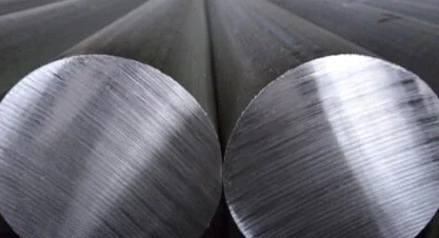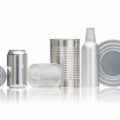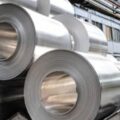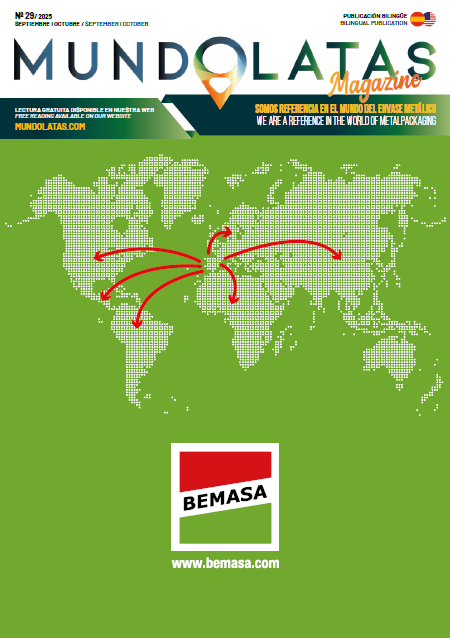London Metal Exchange opens engagement process on EU rules for environmental improvement and sustainability of the sector
The London Metal Exchange (LME) has begun soliciting views on the integration of the EU’s Carbon Border Adjustment Mechanism (CBAM) requirements into its rules, with the aim of supporting the aluminum market and value chain in implementing this important environmental policy. In addition, a document has been published to discuss proposals to drive initiatives within the existing sustainability agenda at LME, with the ultimate goal of contributing to the transition towards a more sustainable economy at a global level. This consultation process will be open until next June.
According to Georgina Hallett, director of sustainability at the LME (London Metal Exchange), sustainability has gained more prominence in the industry over the past five years. With EU policy changes coming into effect, his proposal seeks to support the market and comply with CBAM (carbon border adjustment mechanism), facilitating access and improving efficiency for the entire value chain. They also hope to integrate future regional policy changes that are expected to follow in this path.
The new discussion paper we have created seeks to obtain feedback on various topics related to the overall sustainability landscape, he says. This document builds on previous work done with our 2020 initiatives. “At the LME we are proud of the progress we have made in terms of responsible sourcing standards in our market, and we are committed to continuing to lead this evolving field by supporting the development of new trends and promoting transparency and access to sustainable metals.”
A request was received for information on the CBAM, a mechanism used in the industry to measure and report carbon emissions. The consultation addresses its implementation and effectiveness in different companies in the sector, as well as possible improvements or changes that could be implemented to further reduce carbon emissions.
In March 2025, the LME (London Metal Exchange) plans to implement new requirements for listed aluminum producers, such as primary aluminum and NASAAC alloys. These requirements include uploading verified emissions data to the LMEpassport digital registry, which will enable them to comply with CBAM regulations. With this, metal owners will be able to have more confidence in receiving any LME-listed aluminum brands through the settlement process, as they will be able to easily obtain the necessary information to import such metal into the European Union if they wish to do so.
The inclusion of aluminum emissions information in the LMEpassport system will be beneficial in several respects. On the one hand, it will reduce the administrative burden for producers and facilitate the flow of information along the entire value chain. In addition, it will help to reduce conflicts at the European Union’s borders in relation to aluminum registered in the LME. This measure will also provide all market participants, including traders and investors, with critical data to make informed decisions and will support the integrity of the metals trading system.
Sustainability Discussion Report
The sustainability report presented by the LME investigates several areas of growth that are related to price and sustainability, especially with regard to low-carbon aluminum. In addition, it is suggested to offer additional services to assist in the regulation of CBAM, including tools to manage carbon pricing. The possibility of expanding the implementation of LMEpassport, advancing supply chain traceability, taking advantage of opportunities related to Environmental Product Declarations (EPDs) and improving processes, standards and measures around the circular economy are also being studied.
These potential growth areas are based on the progress the LME has made so far, which was first presented in its 2020 Sustainability Discussion Paper. Some of the aspects addressed in this document include:
A number of requirements have been implemented to ensure responsible sourcing across all brands listed on the LME. Nearly 400 producer brands have met international standards in areas such as human rights, governance, occupational health and safety and environmental management.
The incorporation of new commercial agreements for the acquisition of scrap demonstrates a solid increase in growth and a positive response from the market.
LMEpassport was recently launched and has experienced rapid growth, as it allows producers to showcase their sustainability credentials and certifications easily and effectively.
The LME is allowing comments on the CBAM and the sustainability discussion paper until June 14, 2024, at 17.00 (BST), so that all industry, market and civil society stakeholders can express their views on it.









